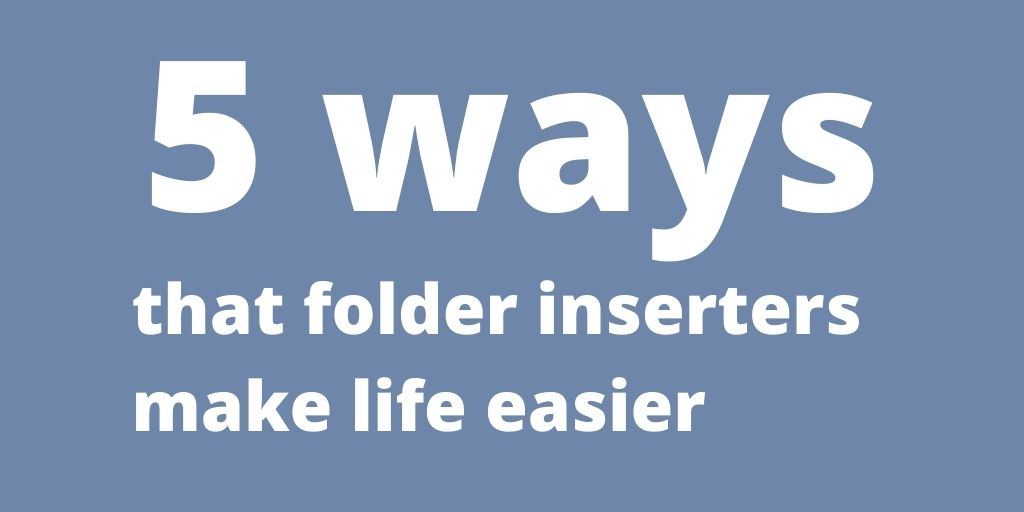
Has your No.1 priority changed? Part One
Have your business priorities changed in 2018?
In a recent survey of IT executives conducted by a very well known global consulting firm, the top priority cited by nearly a quarter of over 2,000 leading executives is growth. This was followed shortly by business transformation or digital transformation.
Interestingly, what I thought was going to lead the survey - profit - came in a miserable 3rd. I’d always heard that turnover was vanity and profit was sanity, but I guess we live in a pre IPO “think of the value of the stock” world. Or perhaps looking at the record levels of business failure, maybe we aren’t?
What truly amazed me was that the customer and staff experience wasn’t even in the top 3. Maybe, I am being cynical, and it is implied in the goals that to get growth you need happy staff, and you need to delight customers if they are going to increase their turnover with you.
Perhaps, all Digital transformation is designed to make the two key stakeholders (customers and your own team) of every business have an improved experience.
Read our end of 2018 blog - 7 ways to succeed in 2019 >>
But what has profit got to do with customers or staff?
Surely, to maximise profits we need to charge our customers as much as we can get away with, and pay our staff as little as we can get away with? (please wait for the argument to develop, this is said somewhat tongue in cheek).
Ironically, such basic economics doesn’t translate into human behaviour. Any student of economics quickly learns that there are products called Giffen Goods that increase in value with increasing price. And perhaps you are as guilty as me if you look at your watch or smartphone and wonder if there is a cheaper way to tell the time or make a phone call.
I didn’t buy these products on price, I bought them for how the company that sold them to me made me feel. I then created lots of spurious criteria to mentally justify my decision to myself and my family. Of course, my socioeconomic circumstances came into play, as did my age, and probably a ton of other factors, because, I am human. I think I am going to hate myself for admitting this, but the marketing team and social opinion of these companies probably created as much value as the product, if not more. Sorry...
But, I am also the same person that hunts the internet for the best bargains, and like so many others I am now contributing to a growth in “greater value” supermarkets in the UK.
So, I am a dilemma, one day I am happy to pay more, and the next I want the best value.
This is just as true for staff enjoyment of their employer. For my degree (far too many years ago) I wrote my dissertation on human motivation, and puzzled why staff were leaving a prestigious airline to work for another at significantly less money. Since then a gazillion surveys have come out to prove that our pay packet isn’t always the key motivator at work, but at the time is was unheard of - we all worked for money or, so we thought! But this new airline had cache and brand appeal and loved their staff. So people left better paid jobs to go to a place they valued better and where they were valued better.
So ...
Great, have I have just taken a few paragraphs, and 3 minutes of your life that you will never get back just to suggest that you can charge more for your goods and service and pay your staff less?
No. Not at all.
I am suggesting that with half the year already gone, you need to double down (for my American readership) on why you are doing things. Growth comes from happy staff delighting customers (do I live in a fluffy unicorn forest? – maybe!).
So what can the IT leadership of the business do to help this? Just about everything in my opinion ...

Tim Miller
Digital Transformation Expert
.png?width=828&height=208&name=Twofold-Logos-no%20drop%20(1).png)


